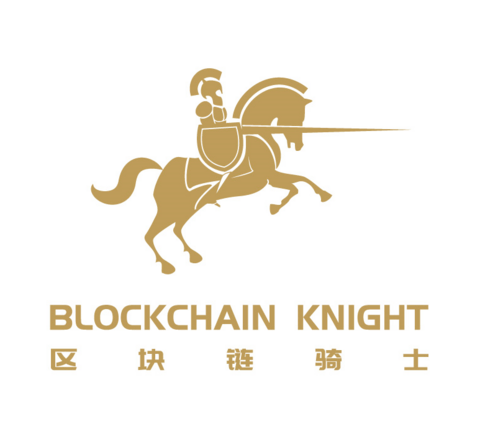In September, Cointelegraph reported on a Dutch company that had created the worlds first set of recycled fabrics made from ocean plastic, the origin of which could be traced via blockchain. The premise is that socially conscious consumers want the reassurance that they are indeed wearing recycled materials harvested from oceans and coastal areas.
The company Waste2Wear deserves applause, though its unlikely to have an impact on the worlds plastic problem.
secondary title

How Blockchain Can Solve Ocean Litter Problem
And blockchain technology could still play an important role in mitigating the problem of litter in the planet’s oceans.
In June, a start-up that collects and recycles ocean plastic partnered with US cleaning supplies company SC Johnson to open its ninth plastic recycling center in Indonesia, each capable of processing up to 100 metric tons of plastic a year. When local waste collectors bring plastic to the center, they receive digital tokens through smart contracts accessed from their mobile devices. All transactions are tracked on Hyperledger Fabric, a permissioned open-source blockchain platform. Plastic Bank then sells its recycled plastic flakes or pellets to manufacturers of consumer packaged goods as social plastic, which fetches a premium.
In early December, Brooklyn-based blockchain venture BountiesNetwork tested cryptocurrency-based incentives in the Philippines, the world’s third-largest emitter of ocean plastic after China and Indonesia. In a coastal cleanup in Manila Bay, local fishermen collected 3 tons of trash, mostly plastic, and were paid for their labor in Ethereum-based ERC-20 tokens. On-the-ground partner Coins.ph helps convert cryptocurrencies to fiat.
secondary title

celebrity praise
Marshall Kirkpatrick, vice president of social media marketing company Sprinklr, commented on Twitter, Super interesting, paying the poor at above-market prices to collect plastic waste and then recycle it, using IBMs blockchain to Its certified as recycled Social Plastic and then sells it at a premium to the manufacturer, super smart!
According to Waste2Wear, the company began collecting plastic waste from a small island near Shanghai, and consumers have been calling for traceability of recycled materials used in its fabrics, which is where Waste2Wear believes a blockchain platform can help.
This blockchain file records the flow of waste plastic, step by step, into a complete textile. In this way, Waste2Wear can track the recycled material all the way from the fishermen and pickers it collects the plastic to the recycling process of the final product, all the way to its source , and all steps in between. It allows the company to offer customers a fully transparent process, leaving no doubt that all fabrics and textiles are made from plastic waste collected from the ocean and avoided ending up in landfills .”
secondary title

Scale considerations
But there are still scaling issues. Plastic Bank co-founder Shaun Frankson said the company didnt want to do something small that sounded good. Cleaning the beach or wearing clothes made from recycled plastic is great, but it wont eliminate the Great Pacific Garbage Patch. Can the startup actually find enough buyers for its recycled plastic (makers willing to pay a premium for social plastic) to solve these global problems?
Im not sure if its scalable, if its available globally, Peshcam commented. This really requires a global effort in emerging countries as well as in developing countries. One organization cannot do it alone, citizens have to be part of the solution.
There may be developments in this direction between government and business. Nestle, PepsiCo, Walmart and Marks Spencer are all introducing products made from recycled plastic. Earlier this year, SC Johnson launched the industrys first products to use 100 percent recycled ocean plastic as part of its Windex brand. Coca-Cola announced a goal to increase the recycled content content of its packaging to 50% by 2030, and the Indonesian government recently committed to reducing marine debris by 70% by 2025.
The original text comes from cointelegraph, compiled by the Bluemountain Labs team, the English copyright belongs to the original author, please contact the editor for Chinese reprint.
The original text comes from cointelegraph, compiled by the Bluemountain Labs team, the English copyright belongs to the original author, please contact the editor for Chinese reprint.










